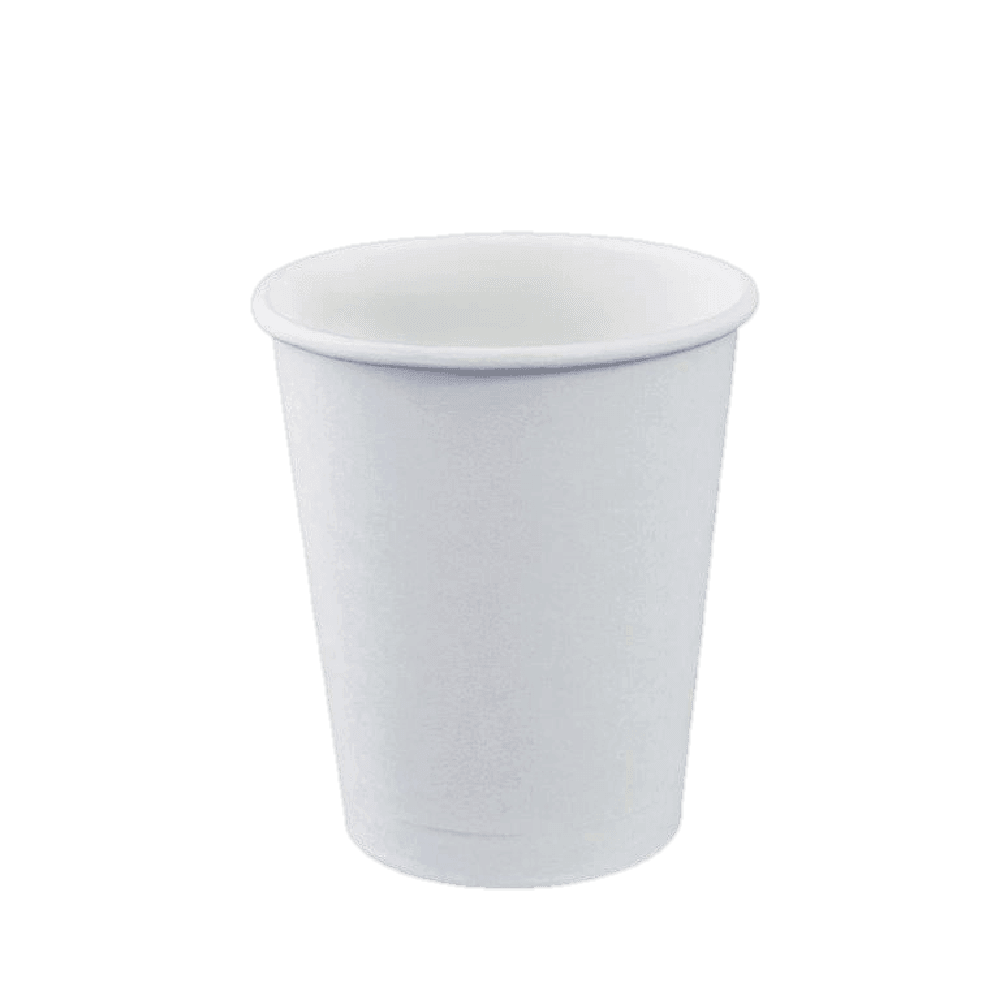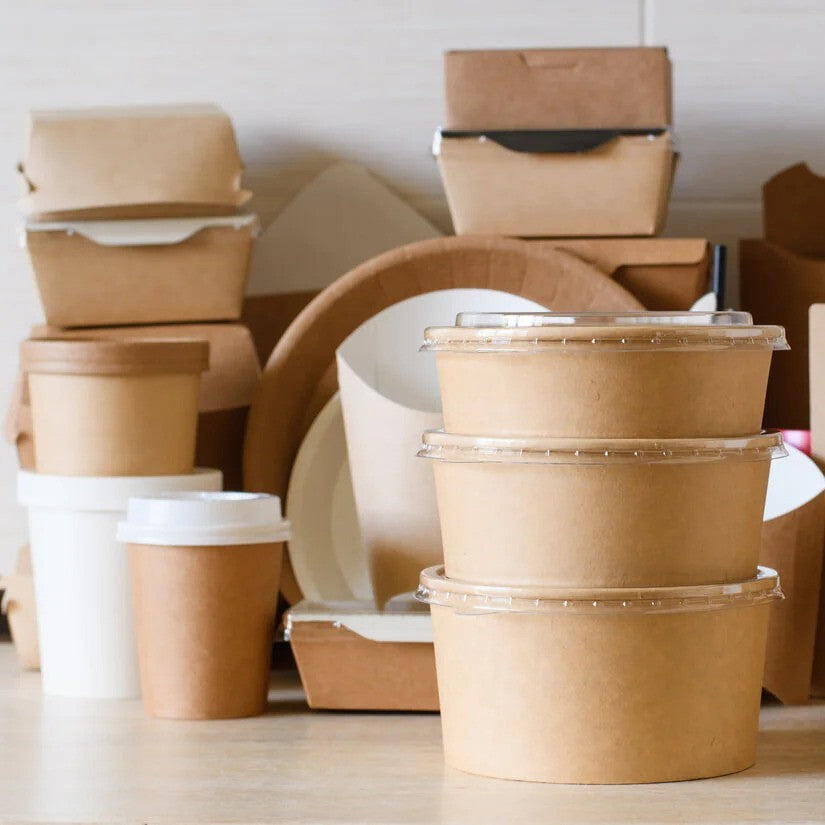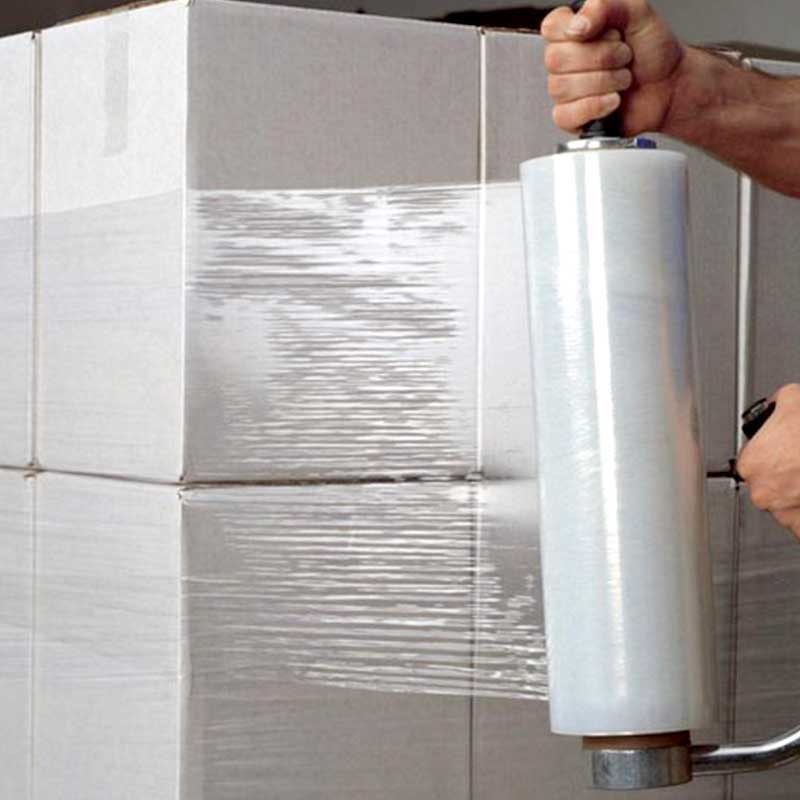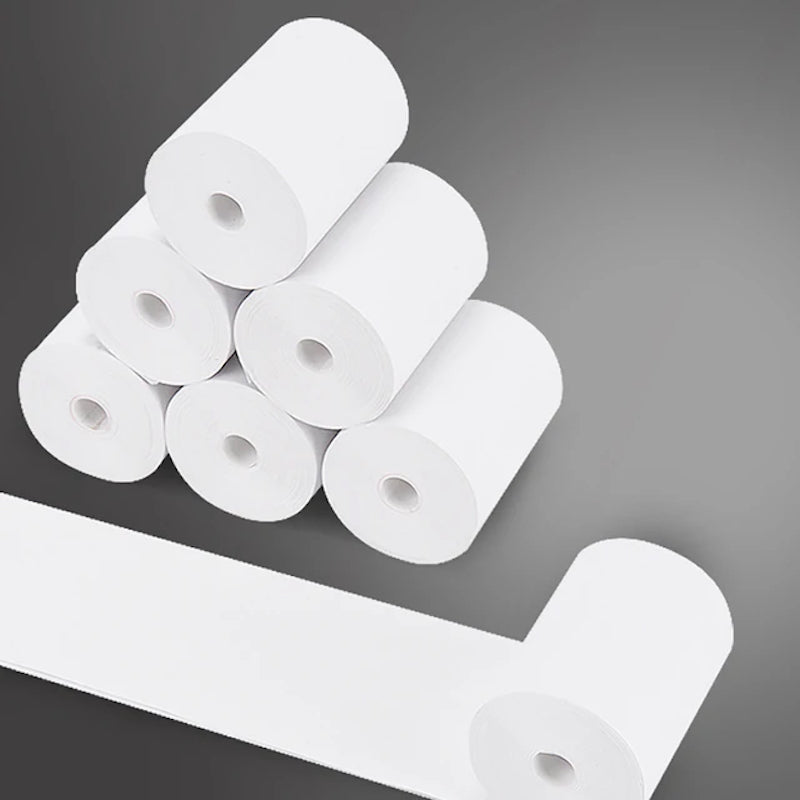
8OZ 单壁咖啡杯 白色
Product Specifications
| Dimension | 80x55x90mm |
|---|---|
| Material | Paper + PE Coated |
| Colour | White |
| Pcs/Bag | 50 |
| Bags/CTN | 20 |
| Pcs/CTN | 1000 |
8OZ 单壁咖啡杯 白色
1000箱
Pakio
warehouse 7/57-59 Whiteside Road
Clayton South VIC 3169
澳大利亚
|
我们的单壁白色纸杯采用重型优质纸板,使我们的杯子具有卓越的稳定性、更好的盖子贴合性和隔热性。 我们所有的咖啡杯系列均采用独特的设计,请联系我们的客户服务团队了解更多信息。 细节: 产品编号:8CW 白颜色 选择尺码:1000CTN 尺寸(mm):顶部:80mm 底座:56mm 高:93.5mm |
Unlock Exclusive Benefits with a Pakio Wholesale Account
Save with quantity discounts, sample products, order 24/7, and manage your account with ease. A $99 minimum applies. Custom packaging is available. Register your business today to access wholesale pricing!
- Free Registration: Open a wholesale account at no cost.
- Save Money: Get special discounts on essential business products.
- 30-Day Business Account: Enjoy flexible payment terms, streamlining your purchases.
- 24/7 Access: Place or modify orders anytime via their portal.
- Fast Delivery: Next business day delivery in Melbourne Metro Area.
Pakio offers a Custom Design service for coffee cups, allowing businesses to create personalized packaging that reflects their brand. Whether it's for events, cafes, or promotions, you can customize coffee cups with your logo or unique designs. With a focus on eco-friendly materials, including biodegradable and compostable options, Pakio ensures high-quality, sustainable packaging solutions. We also provide a simple process for requesting quotes and approving designs, making it easy to elevate your brand's visibility through custom coffee cup packaging.

PE Coating
Heat retention

Premium Paper
High quality

Food-Grade
Safe materials

Customizable
Comprehensive FAQ on PE Coated Coffee Cups
A PE Coated Coffee Cup is a paper coffee cup with a polyethylene lining that provides insulation and prevents leakage.
Generally, PE Coated Paper Coffee Cups are not recyclable. Consider eco-friendly options through disposable coffee cups wholesale.
These cups are available in various sizes, from 4oz coffee cups, 6oz coffee cups, 8oz coffee cups, 10oz coffee cups, 12oz coffee cups, 16oz coffee cups, to 20oz coffee cups, catering to different beverage needs.
While there’s no expiration date, it’s best to use these paper coffee cups within a year.
Yes, you can buy paper coffee cups with Custom Designs at Pakio, including custom double wall coffee cups or kraft coffee cups, perfect for branding.







